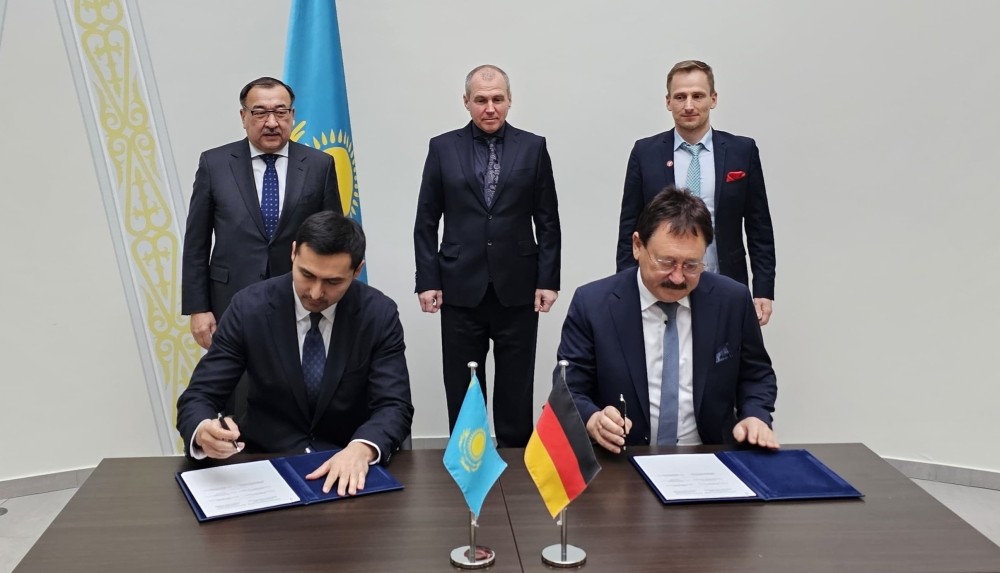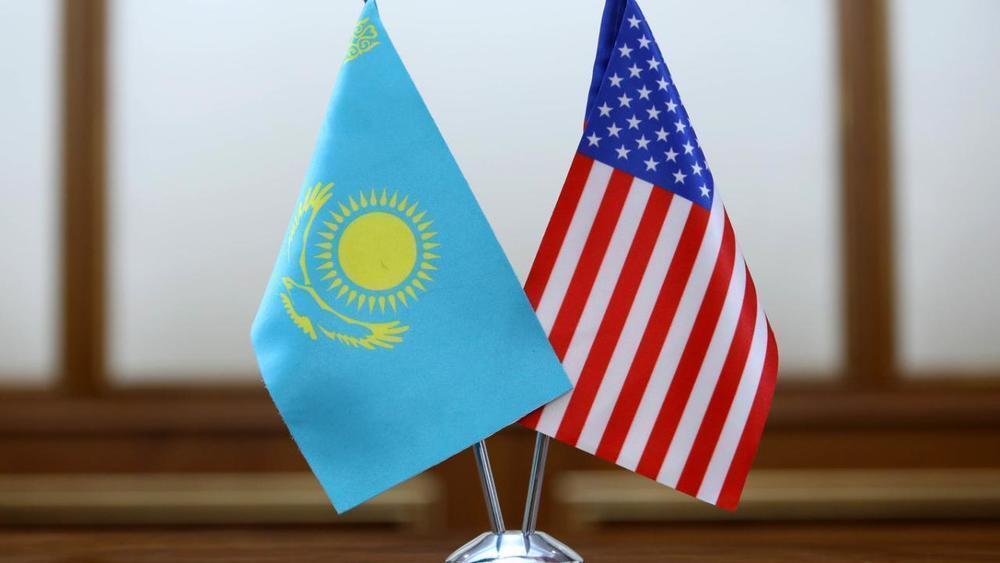Kyrgyzstan Budget Surplus for 2024
The President of the Kyrgyz Republic has signed a law "On the Republican Budget of the Kyrgyz Republic for 2024 and the planning period of 2025-2026." According to the data, this year the budget had a surplus with revenues amounting to $4,242,215,000, against expenditures of $4,120,000,000. The authorities want to use the surplus towards operations with financial assets and to cover state debt. According to the Ministry of Finance, the national debt of the republic as of September 2023 amounted to $5,987,000,000, Approximately $60 million dollars was spent on its servicing debt last year. In 2024, the authorities plan to allocate $74 million dollars from the state budget for the servicing and payment of debt. "To confidently pass the stage of peak payments on the state debt, we have projected the budget policy in terms of the formation of surpluses. This gives us the opportunity to service the debt without borrowing," Finance Minister Almaz Baketayev stated. The Kyrgyz state budget is so stable today that there are no doubts about servicing the national debt, he said. In Kyrgyzstan, Baketaev emphasized, all payments are made on time and in full, and external debt is decreasing The Ministry of Finance said that part of the surplus will be used to increase the state's share in local joint stock companies and to provide budget loans to domestic companies. Almost 40% of the nation’s external debt is owed to the Export-Import Bank of China. The authorities took these loans mainly for construction projects, the repair of roads, and rehabilitation of the electricity network.








